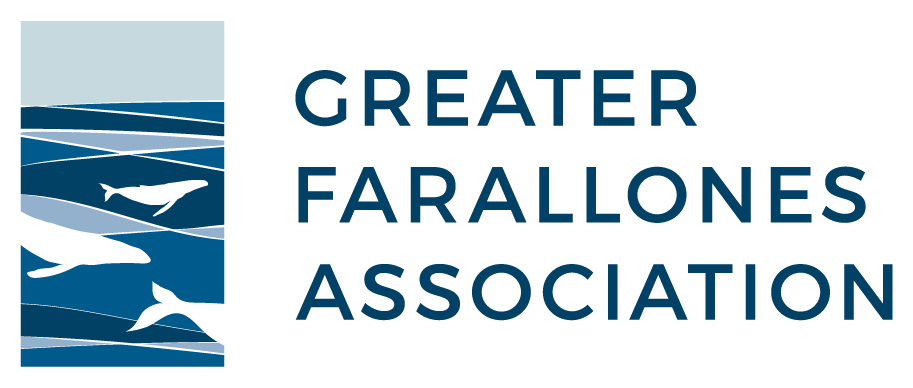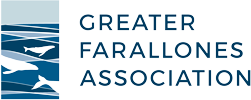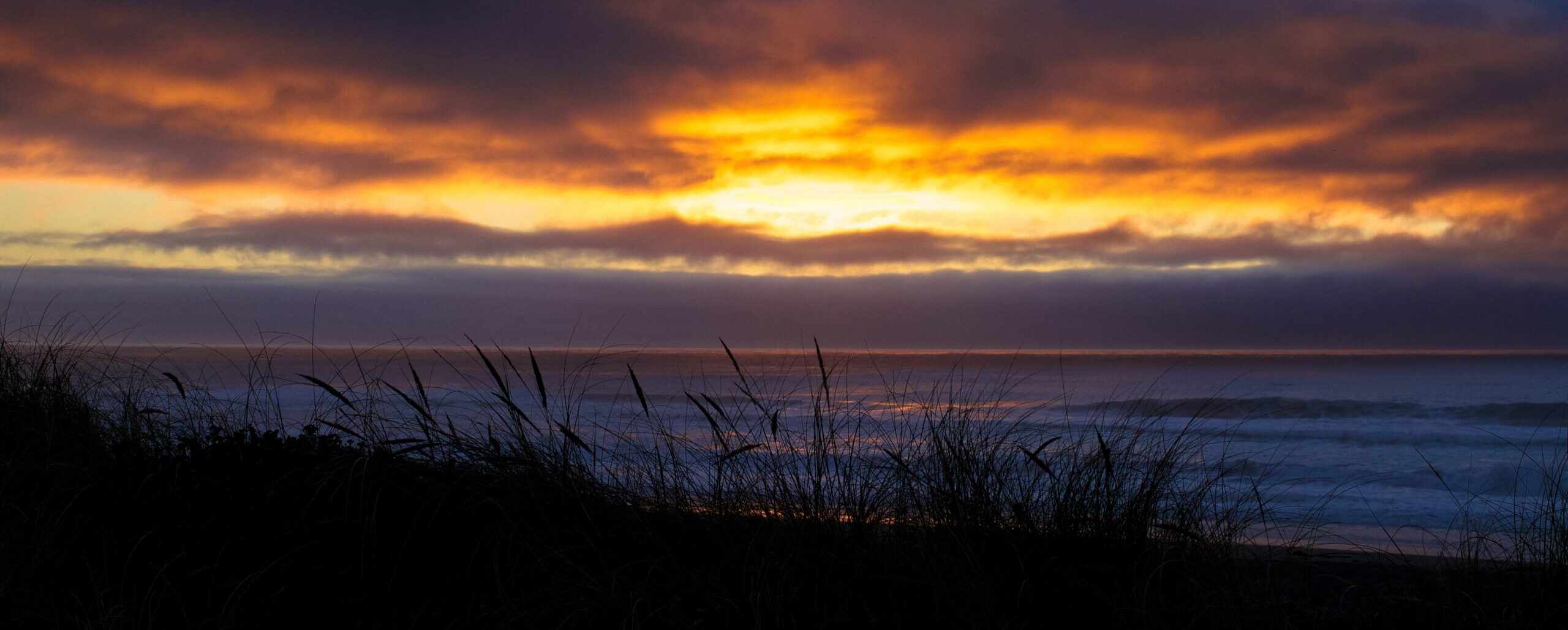Justice, Equity, Diversity, and Inclusion
Justice, Equity, Diversity, and Inclusion Statement
Greater Farallones Association aims to foster justice, equity, diversity, and inclusion (JEDI) within our organization, our partnerships, and in the broader field of ocean conservation. We acknowledge the significant barriers that Black, Indigenous, and People of Color (BIPOC) individuals face in pursuing careers in marine science and making their voices heard in environmental policy. Our staff members work together to help identify and address justice, equity, diversity, and inclusion issues within the organization and in our relationships with those we serve.
We aim to serve diverse communities and youth, provide enriching ocean science programs and coastal experiences to schools serving historically excluded communities, and work to reduce socioeconomic barriers to accessing the coast and national marine sanctuaries.
Our JEDI Journey
Our commitment to viewing all of our work through a JEDI lens began in 2020 with office-wide conversations on racial justice spurred by the murder of George Floyd, the Black Lives Matter Movement, COVID-19-fueled racism, and violence against individuals of Asian descent. While JEDI had been considered in our public programs for years prior, these efforts were not enough. The real work began after a deeper reflection on JEDI issues in the marine science and environmental conservation fields, and an examination of our own organization’s contributions to inequity and pathways to doing better.
As GFA embarks on this work, we acknowledge challenges to JEDI efforts in our field and, broadly, in this country. The actions of federal, state, and local governments have supported systemic inequities excluding communities of color, Indigenous peoples, and queer and disabled communities from fair education, employment, and housing; opportunities to build home equity and financial security; and safe access to outdoor public spaces, including those along our coast.
Our country has a long history of violent suppression of cultural identity. We recognize our organization’s contribution to these inequities with our inaction, and that our path forward to counter a history of discrimination in our field will not be easy. We recognize that protecting the marine environment for the future means working to address the historic exclusion of BIPOC communities in marine science, conservation, and ocean spaces. Just as we incorporate our understanding of climate change into everything that we do, we must also apply a JEDI lens across all of our work in order to ensure that our programs benefit all communities equitably.
We are committed to expanding this initial work so that JEDI principles become a core part of our mission and touch every program and every goal.
Actions We Are Taking
In 2020, we formed a JEDI Team and conducted an internal assessment of our joint workplace culture in consultation with Justice Outside. Over the following four years, in response to recommendations from Justice Outside and the Unconscious Bias Project, we have initiated various steps to increase JEDI internally, including holding a ongoing series of staff trainings focused on addressing bias; formed staff-led BIPOC and Queer affinity spaces; implemented a recruitment, hiring, and interview process that centers equity and aims to increase racial diversity among our staff; and began the development of a comprehensive JEDI Strategic Plan (JEDI Plan) that was completed in 2024, which incorporated extensive feedback from all staff.
In 2024, in addition to completing the JEDI Plan, we formalized our JEDI Team, now referred to as the JEDI Committee. Through the JEDI Plan, we aim to ensure that our internal and external goals and growth priorities reflect the staff we support and the communities we serve. We have begun and will continue working toward the following goal areas over the next three years:
1) Develop the infrastructure, tools, and initiatives needed to build a strong foundation for continuously advancing JEDI.
2) Develop and deliver support systems, guidelines, and training to better support staff, and particularly BIPOC staff.
3) Commit to ensuring equity, accessibility, inclusion, and social justice in our relationships with our broader community and in our public-serving programs.
We partner closely with the National Oceanic and Atmospheric Administration’s Greater Farallones and Cordell Bank National Marine Sanctuaries (Sanctuaries) on nearly all of our programs. Our teams collaborate on projects, meet regularly, and share a physical workspace. Our JEDI Plan takes this partnership into account and details recommendations for how we can create and maintain a thriving, inclusive joint workplace. While GFA does not have the authority to direct any governmental decisions or federal personnel actions, the JEDI Plan aims to strengthen the relationship between our two organizations by developing sustainable structures, such as communication nodes and joint policies, and goals to center JEDI in our work together.
The JEDI Plan strongly focuses on support for BIPOC staff and communities. This is due to (1) racial justice being the impetus for developing JEDI efforts at GFA and (2) GFA staff stating its urgency. We envision future iterations of this plan including specific needs of other historically excluded groups such as queer and disabled communities.
Our JEDI Plan is a living document and a pathway for where we wish to grow. Its implementation will be adaptive and aim to avoid a culture of false urgency and perfection.
We are grateful to our JEDI consultants—Justice Outside and Unconscious Bias Project—for their guidance in this important effort, and to The David and Lucile Packard Foundation for grant funding in support of this work.


